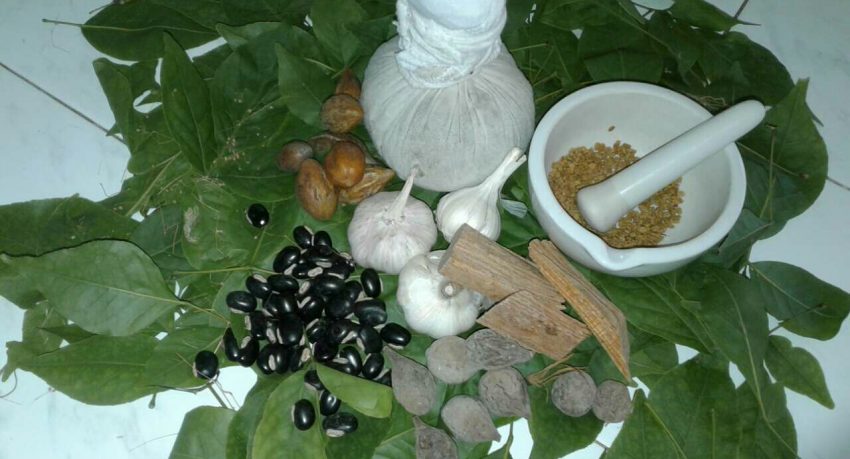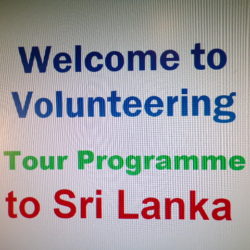PS: It is special from us in one Day Tour you would be able to see the Professional Ayurvedic Doctor and get your treatments.
- Dr W T A Priyadarshani, Sethmin weda madura, Kumarakanda. Hikkaduwa
- Dr S.P.K Silva, Sarvathobadra weda madura, Polwatta, Ambalangoda.
- C.L.Kotalawala, Ayurveda medical centre, Piyadigama, Galle.
- Pure Nature Ayurveda House, Puswelbooka Watta, Dedduwa, Bentota.
The word Ayurveda is composed of two sanskrit words – Ayu means life and Veda means knowledge, Ayurveda means the knowledge of life. In Sri Lanka following Ayurveda treatment packages are available and it would be completed treatment of your choice and type.
01. Head Massage.
02. Full body Massage
03. Panchakarma Treatments.
04. Herbal Treatments.
05. Herbal Steam Bath.
06. Herbal Facial.
07. Special Treatments.
Sri Lanka invites you into a breathtaking world of exotic spices and scented aromatic oils, life-changing retreats and pampering spas. The island boasts some divine hotel spas, designed to pamper and relax, rejuvenate and beautify. Ayurveda, one of the world’s oldest forms of healing, dates here in Sri Lanka from the 4th Century BC and its philosophy is ingrained in the psyche of the people. Nearly all hotels with spas in Sri Lanka offer Ayurveda therapies and in the luxury and boutique hotels you are also likely to find Thai, Balinese, Shiatsu, hot stones and western-style beauty treatments too. Let us arrange an Ayurveda experience in Sri Lanka. Ayurveda greatly influenced health care practices in the east and the west. By 400 AD Ayurvedic works were translated into Chinese; by 700 AD Chinese scholars were studying medicine in India at Nalanda University. Chinese medicine, herbology and Buddhist philosophy were also impacted by Ayurvedic knowledge. Having passed the test of experience it remains essentially the same now as at its inception, although numerous commentators over the centuries have added insight with their analyses. The philosophy of Ayurveda teaches a series of conceptual systems characterized by balance and disorder, health and disease. Disease/health results from the interconnectedness between the self, personality, and everything that occurs in the mental, emotional, and spiritual being. To be healthy, harmony must exist between the purpose for healing, thoughts, feelings and physical action. Ayurveda is a careful integration of six important Indian philosophical systems, many physical/behavioral sciences, and the medical arts. One verse from an ancient authority says Ayurveda deals with what is good life and bad life, happiness and misery, that which supports or destroys, and the measurement of life. It works to heal the sick, to maintain health in the healthy, and to prevent disease in order to promote quality of life and long life. Health is defined as an experience of bliss/happiness in the soul, mind, and senses and balance of the body’s three governing principles, seven tissues, three wastes, digestion, and other processes such as immune functioning. Health is not the absence of symptoms. Ayurveda has objective ways to assess each of these, pulse assessment being the primary means.


